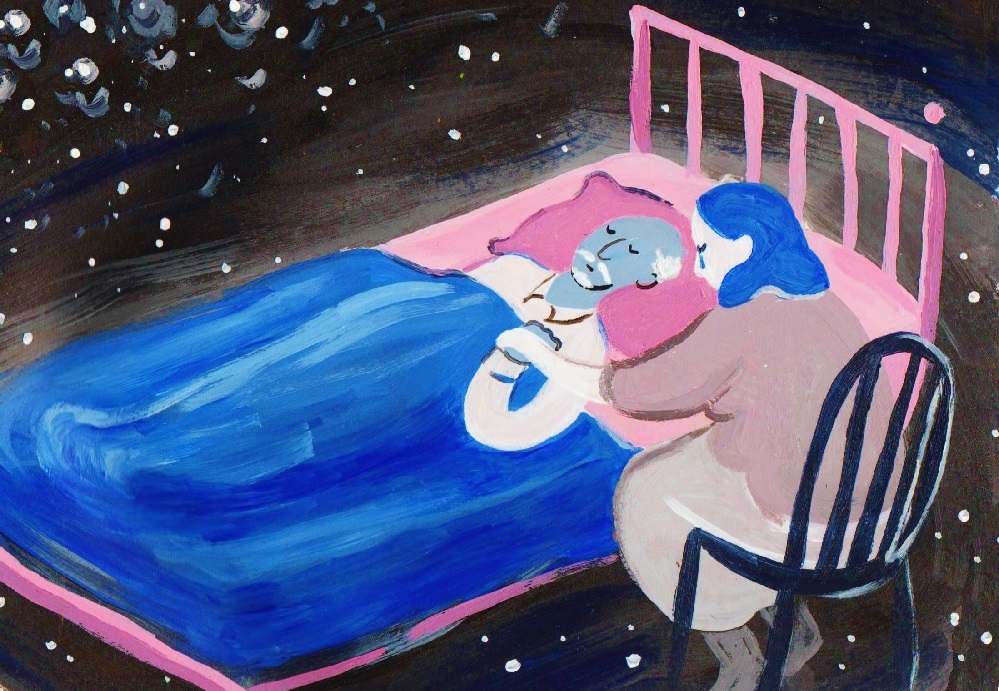Advances in medicine have meant that we’ve had to redefine what death is. It used to be easy – you were dead if your heart stopped working; if you couldn’t breathe. But now, we can restart hearts, and machines can breathe for you until you’re ready to take over again.
One neurologist says that “clinical death” doesn’t even have a consistent meaning. “You’re dead when your doctor says you’re dead,” apparently.
Life increasingly exists where previously it wouldn’t. The line of death is being pushed back – but what does death do to your rights?
A Matter of Dignity
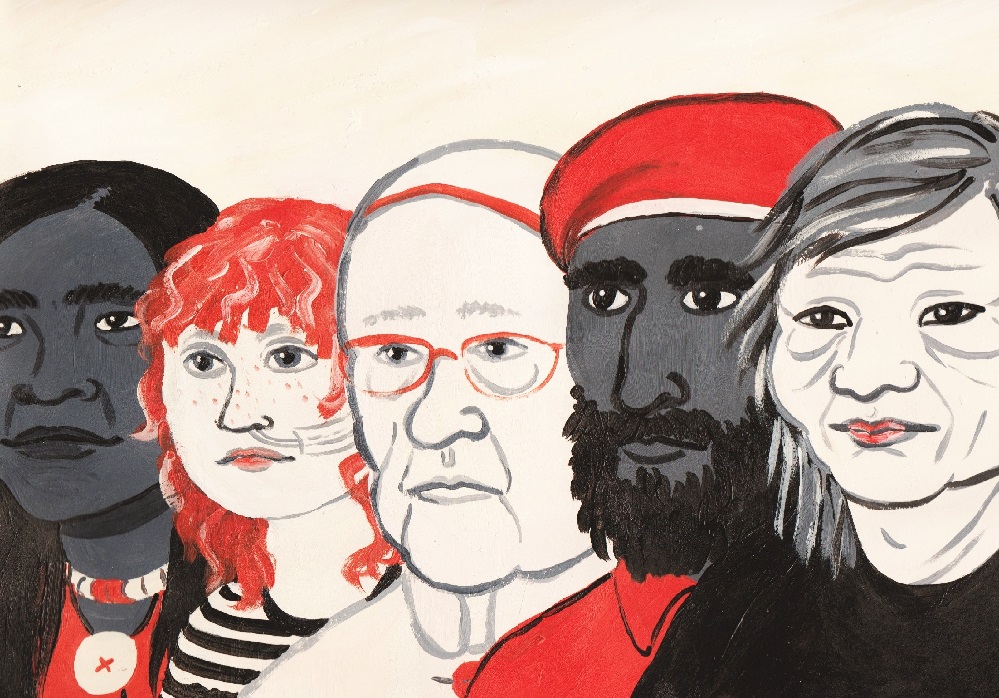
Image: Ellie Collins, RightsInfo
All this debate about when human life starts and ends makes it difficult to outline the limits to our human rights. The theory is that we all have a certain ‘human dignity’, which merits respect and protection. And this is done through human rights.
But when does this dignity leave us? Does it ever leave us?
It’s generally considered that the “inherent dignity of the human person“, protected by international human rights law, is the inherent dignity of the living human person. The Equality and Human Rights Commission explains:
Human rights are the basic rights and freedoms that belong to every person in the world, from birth until death.
We have these rights even if we can’t stand up for them ourselves. We have these rights as infants because, according to the Universal Declaration of Human Rights, dignity is something we are “born free and equal” with. We have these rights when we’re seriously ill because, no matter what happens to us, this dignity is “inalienable”.
The dead, however, are treated as if their dignity no longer exists.
Who’s Standing up for the Dead?
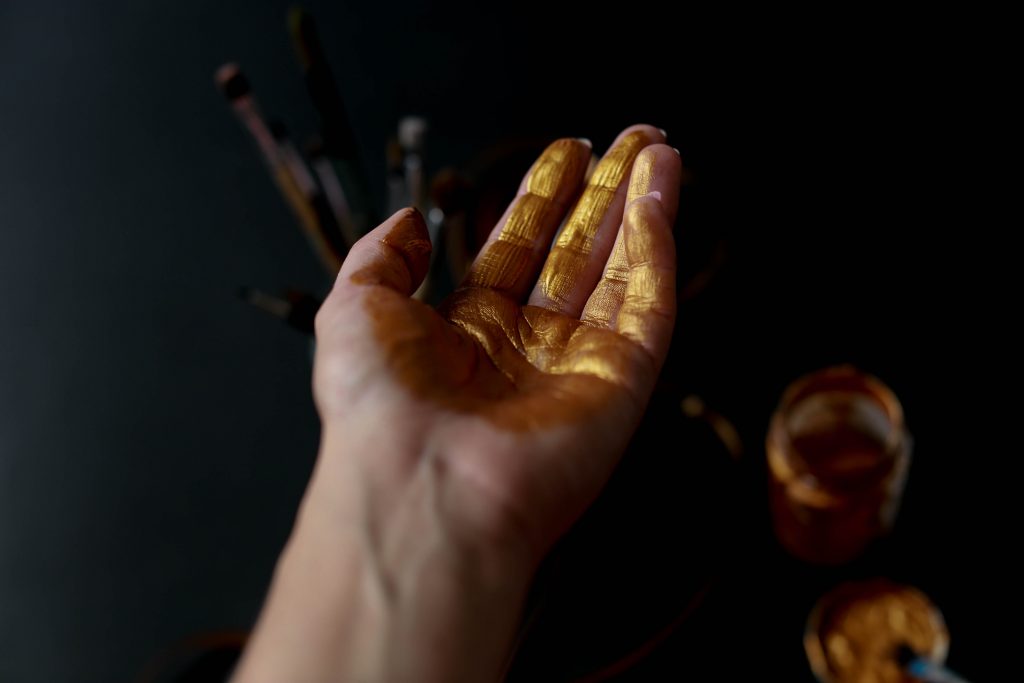
Image Credit: Muilu / Unsplash
To bring a claim under the Human Rights Convention, you must be: “any person, non-governmental organisation or group of individuals claiming to be the victim of a violation”. The dead can’t bring claims – but living people can bring claims on their behalf.
Typically, however, claims under the Human Rights Convention are for violations that occurred during the victim’s lifetime. So this isn’t really about standing up for the rights of the dead. It’s about standing up for the living; addressing violations of the rights that individuals had when they were still alive. States have a duty to investigate such violations – but this duty continues on after the death of the individual in question.
For instance, Private Sean Benton had a right to life, protected under Article 2 of the Convention. Since his death, his family have been able to exercise this right (that he had while living) to ensure that there’s a proper inquest into how he died. The right that he held during his life still stands. The duty of the state to investigate his death, which occurred in its care, lives on until it has been properly fulfilled.
Our rights may die with us but, like the mark on the world our lives leave behind, their substance lives on.
What Respect Do We Pay the Dead?
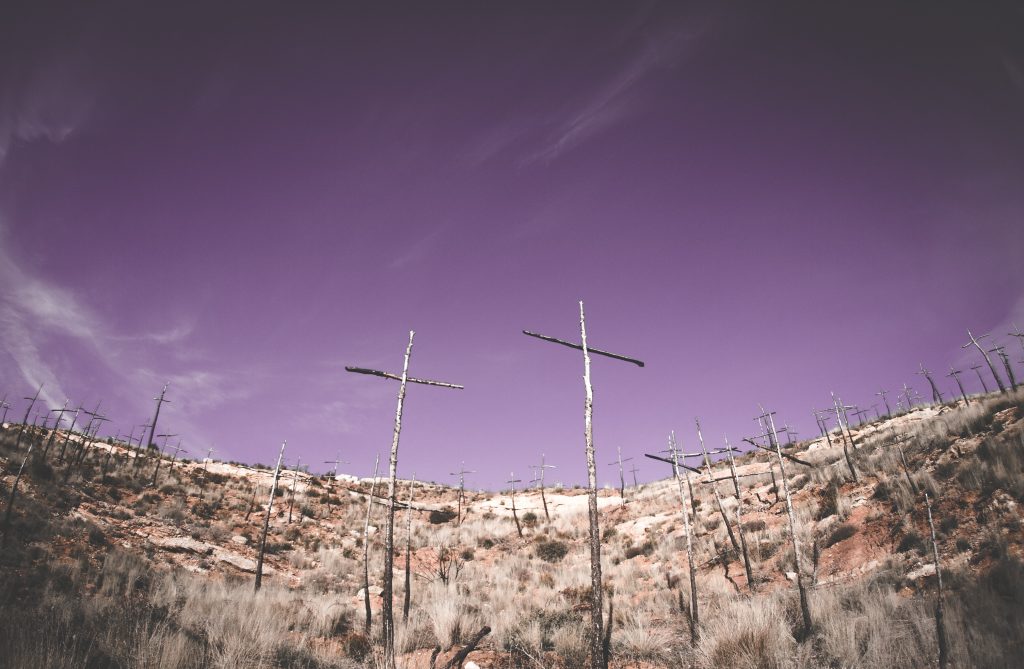
Image Credit: Ruben Bagues / Unsplash
We still respect the dead. For instance, we normally respect wishes in terms of burial and organ donation. But, again – these are wishes that individuals had while still alive. So, really, we’re just respecting their living autonomy. The dignity of individuals is protected insofar as it remains encased in their legacy.
We don’t pay an unlimited respect to the wishes of the deceased, however. Like when a French court decided that the final wishes of a couple to be refrigerated in their basement should not be honoured.
In a case concerning the removal of a deceased man’s body tissue, the Human Rights Court declared that it could not consider the claim that this was done without his consent. The Court also found that it could not consider the claim that this violated his human rights. It could, however, consider the impact that this had on his wife’s right to private and family life, given that it was done without her consent.
So we recognise that, even once dead, others can retain an important interest in our bodies and legacy. The Court wouldn’t consider the direct rights of the deceased to have a private and family life, but the action taken against him could be considered to the extent that it affected the private and family life of others around him.
Just ask the UK’s youngest coroner:
The human rights of the bereaved can still exist even when their loved one is dead.
Zak Golombeck
A Legacy of Our Rights
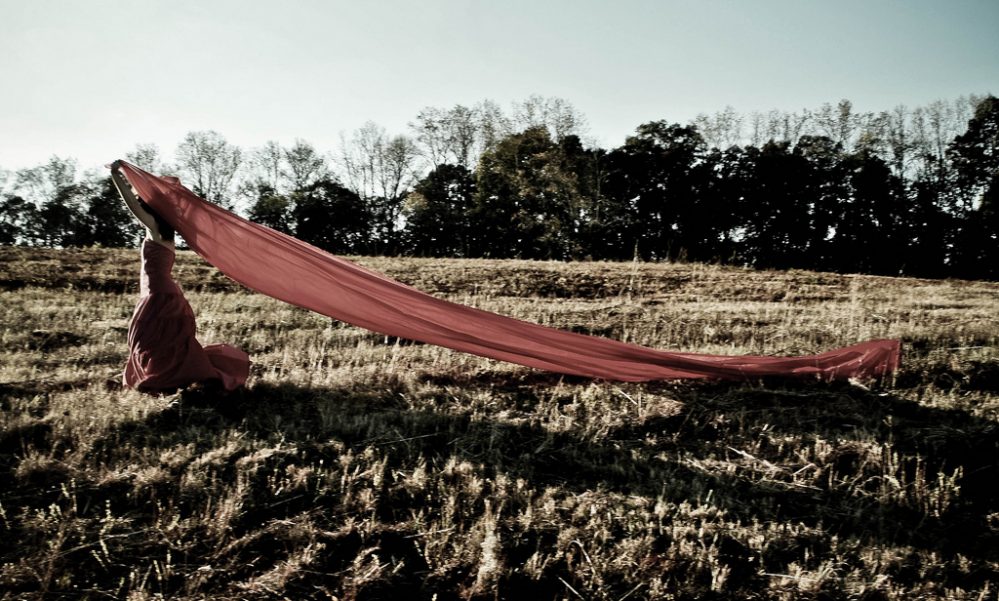
Image: Ashley Campbell, Flickr
When an individual is no longer around to exercise their rights, the state still has a duty to investigate violations. Human rights come in two parts: the rights of the individual, and the corresponding duty of the state to protect them. Our rights may die with us, but the duties of the state can linger on.
Similarly, while deceased victims are no longer around to experience the assault of a human rights violation, the reverberations of actions taken against them can affect the human rights of their loved ones. Our personhood remains entangled amongst the rights of those we shared our lives with.
The rights that we hold are fixed in our legacy, alongside the echoes of our dignity. Though they may pass with us, human rights are much bigger than our individual rights.

